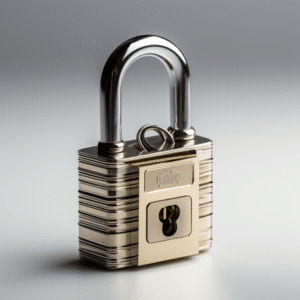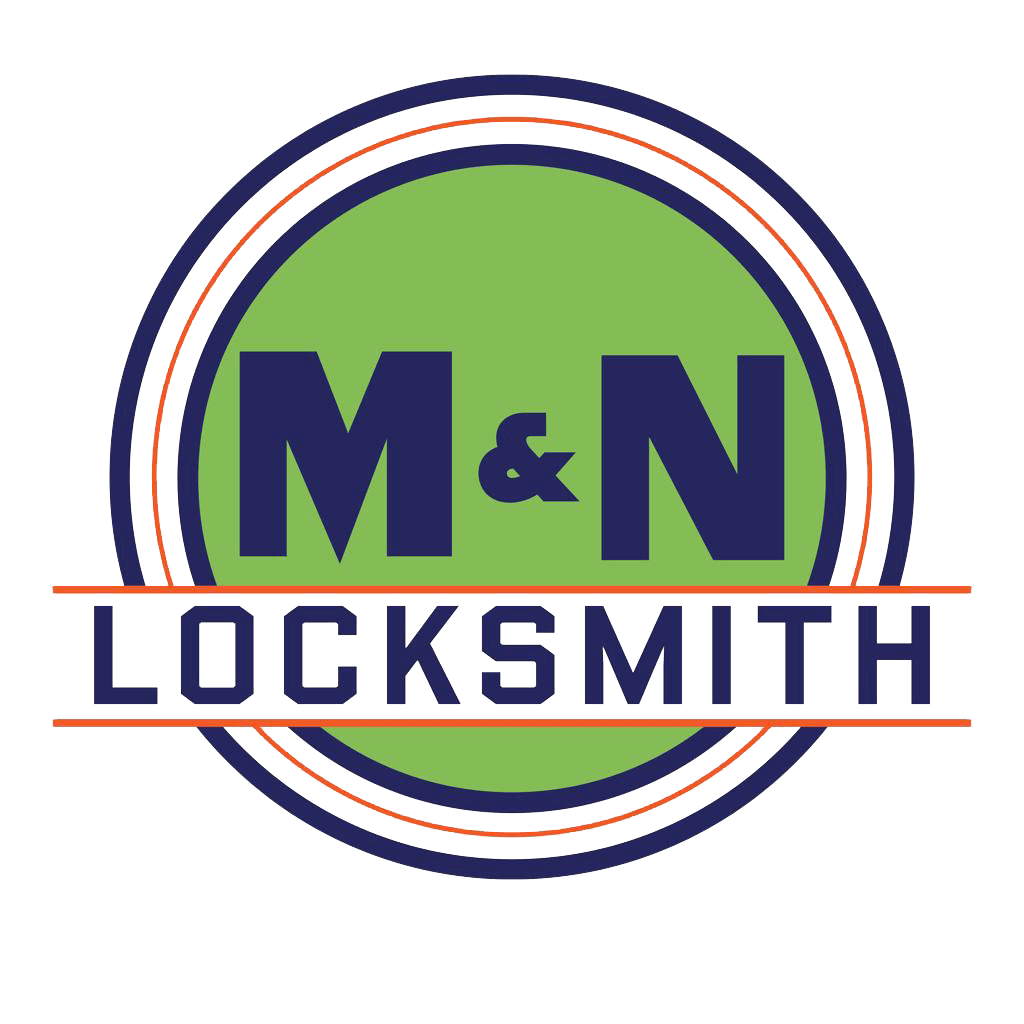With the rise of technology, door locks have evolved from traditional locks and keys to smart locks that offer advanced security features and convenient access control. Choosing between smart locks and traditional locks can be a challenging decision. In this article, we will compare the two types of locks and help you determine which one is the best fit for you. Additionally, for an in-depth exploration of the debate between ‘Smart vs Simple Locks’ and whether expensive locks are indeed better, continue reading.

Traditional Locks
Time-tested and known for their simplicity and reliability, traditional locks are comprised of a straightforward lock and key mechanism. They are widely available, easy to install, and have been a trusted security solution for generations. However, drawbacks include the potential risks associated with lost keys, unauthorized duplication, and limited access control restricted to those possessing a physical key.Smart Locks
Offering a more technologically advanced solution, smart locks present a myriad of security and convenience features. Utilizing electronic or biometric authentication methods, they can be operated remotely through a smartphone app, voice commands, or unique codes. Smart locks provide additional functionalities such as temporary access sharing, tamper alerts, and integration with smart home systems. Yet, they come with a higher price tag, reliance on technology, and potential compatibility issues.
Choosing the Right Lock for You
When making the decision between smart locks and traditional locks, it’s essential to weigh your security requirements, budget constraints, and lifestyle preferences. Opt for traditional locks if cost is a primary concern, and you seek a proven and reliable solution. Alternatively, choose smart locks for advanced security features, remote control capabilities, and integration with smart home systems. The ideal choice ultimately hinges on aligning the lock solution with your unique needs and financial considerations.
Types of Smart Door Locks
Diverse options in the smart lock market cater to varying preferences. Keyless entry locks, relying on codes or biometric authentication, offer convenience and security. Bluetooth locks utilize Bluetooth technology for remote control and monitoring, while Wi-Fi locks provide accessibility from anywhere with an internet connection. Deadbolt locks introduce an additional layer of security, and smart lever locks replace traditional door handles while enhancing security.
Are Smart Door Locks Safe?
Ensuring the safety of smart door locks involves implementing proper security measures. These locks often feature encryption technology, biometric authentication, and tamper alerts. However, users should exercise caution by regularly updating firmware, utilizing strong passwords, and controlling access to the lock and associated apps to mitigate potential threats.
Why Are Smart Locks So Expensive?
The higher cost of smart locks can be attributed to advanced technology, premium materials, research and development expenses, and comprehensive marketing and distribution efforts. Despite the initial investment, the enhanced security and convenience they provide often justify the expense for many homeowners.
Which Smart Lock Should I Buy?
Selecting the right smart lock involves considering factors such as compatibility, security features, convenience, ease of installation, price, and brand reputation. Ensure the chosen lock suits your specific needs, budget, and is compatible with your existing door and lock mechanism. Prioritize reputable brands with positive customer reviews and robust customer support.
In weighing the merits and drawbacks of smart locks and traditional locks, the optimal solution depends on individual needs and financial considerations. By evaluating security requirements, budget constraints, and lifestyle preferences, one can confidently choose between a smart lock and a traditional lock. With the right lock in place, homeowners can safeguard their residences and enjoy peace of mind.

